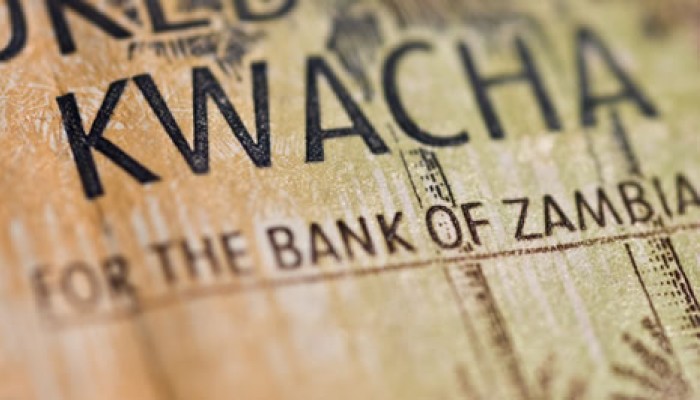As the world grapples with pandemic and a Russo – Ukraine war aftermath impacting financial and commodity markets, emerging and frontier markets (EM) are continuously bearing the brunt. Excessive inflation, dubbed one of the biggest hurdles of 2022, in the west has triggered commencement of aggressive rate hike cycles in response, that are supporting higher treasury and guilt yields which are on the downside eroding purchasing power in EM debt sales. Zambia’s central bank in its Friday 27 May auction, sold K1.49 billion of the K2.6 billion of bonds on offer representing a 67.0% subscription ratio.
READ ALSO: Kwacha Bond Sale See’s Renewed Interest, on Positive Debt Restructure Outlook
First Capital Bank Zambia’s expectation, was in line with a weak subscription outcome given the low offshore interest, as a result of the current global investment climate characterized by a plethora of risks breeding market uncertainity. “We still feel that the upside for bond yields is contained for now, with the expectation that an external trigger pertaining to a deal with the Washington based lender the International Monetary Fund over the next 2 months will underpin renewed vigor in the second half of the year,” Head Trading Dean Onyambu said in a note.
Yields were fairly unchanged across the curve, except for a 35 basis point ebb in the 2 year bucket to 17.5%. This has been the case for earlier auctions providing some degree of stability in the interest rate market. Earlier in the week the Zambia Statistics Agency (ZSA) announced May inflation of 10.3%, the 10th successive ease, further widening the premiums for local market players for taking sovereign risk.
The term structure of Kwacha interest rates will to a large extent be determined by which factors outweigh more between the copper producers positive economic outlook in view of a likely IMF financing deal and flight to quality pressure as western central banks commence rate hike cycles that are making investment in treasuries very attractive. New money is less likely to house in Kwacha assets and and additionally maturities are at risk of repatriation which could potentially breed pressure on the foreign exchange markets.
The Kwacha Arbitrageur

